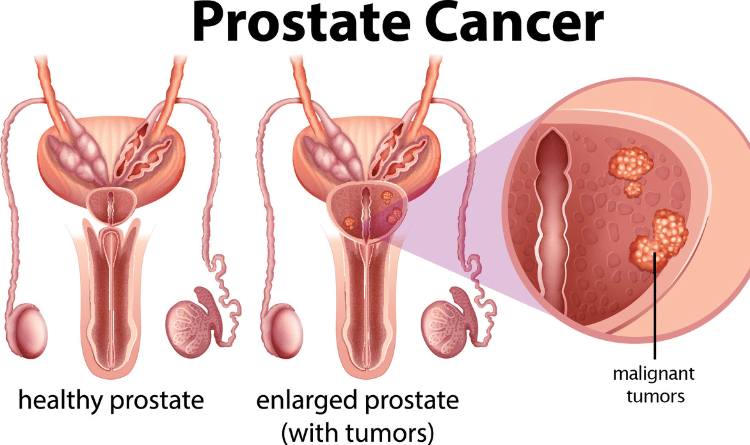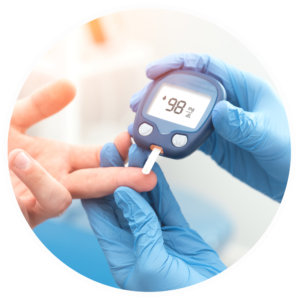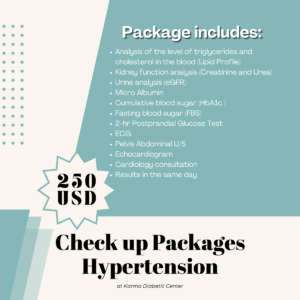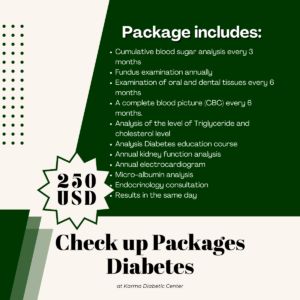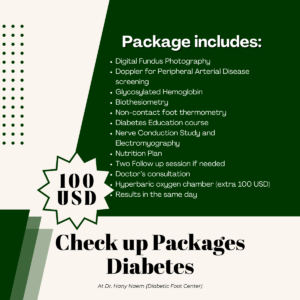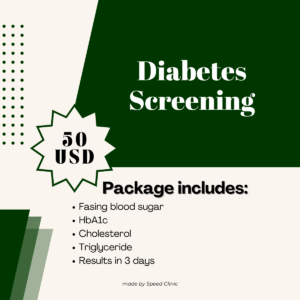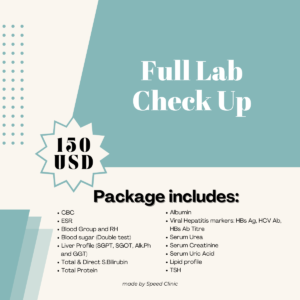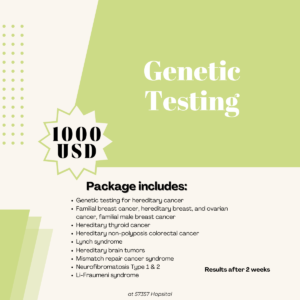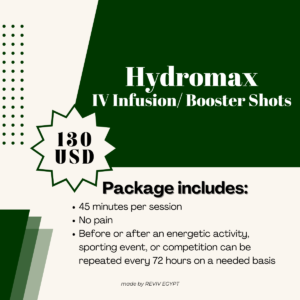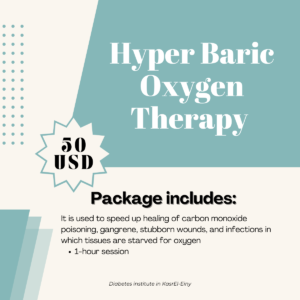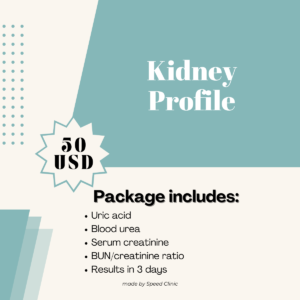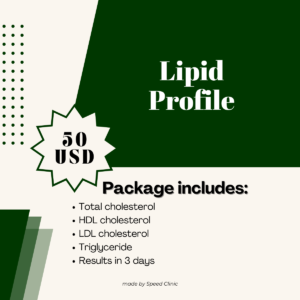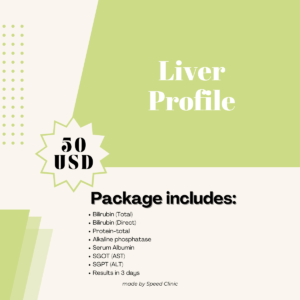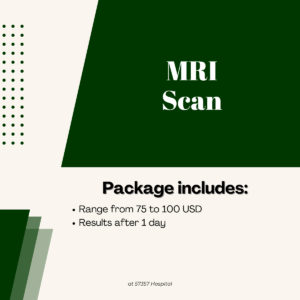Advanced Prostate Cancer Treatment in Germany: What You Need to Know?
The patient’s and their family members’ physical and mental health suffers after receiving a cancer diagnosis. Additionally, life may be challenging for you if you have an advanced stage diagnosis. But a few years ago, things were different. Modern treatment can significantly enhance the quality of life for people with advanced prostate cancer in the modern era.
Prostate cancer is the second most prevalent cancer in Germany, behind breast cancer. The good news is that survival rates are high, with 93% of patients surviving for five years and 90% for ten years. To fight advanced prostate cancer, doctors in Germany typically create a personalized treatment plan that combines a variety of medications.
Germany tackles advanced prostate cancer with an arsenal of cutting-edge treatments. This blog post dives deep into how German doctors utilize chemotherapy, targeted therapy, immunotherapy, hormone therapy, radiation therapy, the innovative Lu-177 PSMA therapy, and even surgical procedures like prostatectomy.
What is Advanced Prostate Cancer?
The male reproductive system houses a walnut-shaped gland called the prostate. Its main job is to produce seminal fluid, which nourishes and transports sperm. Prostate cancer arises when cells in this gland start dividing uncontrollably.
Among older males, it is a common disorder. Prostate cancer was the second most frequent cancer in men in 2020, with over 1.4 million cases reported by World Cancer Research Fund International. If prostate cancer has spread outside of the prostate or recurs after therapy, it is in an advanced stage.
What are the Signs and Symptoms of Advanced Prostate Cancer
When prostate cancer is still in its early stages, it is typically challenging to identify any signs and symptoms. Generally, symptoms only appear when cancer has progressed to an advanced stage.
The following are some frequently observed signs of advanced prostate cancer:
- Bladder and Urinary Issues: Includes increased frequency of urination, waking up throughout the night to urinate, blood in the urine, and difficulty passing urine entirely.
- Bowel Issues: Stomach pain, constipation, and blood in stool are typical bowel problems related to prostate cancer.
- Soreness in the groin: This area has a significant number of lymph nodes. Cancer spreads swiftly to the groin lymph nodes and causes pain since it is the area nearest to the prostate.
- Back or hip pain: The most common sites for advanced prostate cancer to spread to are the hip and spine. Once the cancer has migrated to the bones, weakening them leading to pain.
- Unexpected weight loss is a sign of advanced cancer and can happen even when a normal diet is followed.
- Leg Weakness and Swelling: As prostate cancer progresses, it can migrate to the spine and push on nearby nerves, which can result in discomfort, swelling, and tingling in the legs and feet.
What are the Risk Factors Associated with Prostate Cancer?
Understanding risk factors aids in lowering cancer risk. There are a number of risk factors for advanced prostate cancer.
The following are a few of them.
- Age: Prostate cancer risk rises with age, especially after 50. Men 65 and older account for about 60% of advanced prostate cancer diagnoses.
- Race: In comparison, those of African descent are more likely to be diagnosed with prostate cancer, were the fatality rate is likewise correlated with race.
- Eating Habits & Weight: Obesity and overeating are associated with the majority of malignancies, including advanced prostate cancer. The best way to avoid cancer is to maintain a healthy weight and eat a balanced diet.
- Smoking: The most common risk factors for prostate cancer are tobacco use and smoking. It is the most frequent contributing factor in cases of terminal prostate cancer.
- Family History: Familial prostate cancer is a hereditary cancer form that makes up 20% of all cases of prostate cancer. The BRCA1 and BRCA2 genes are linked to an increased risk of prostate cancer.
Treatment Options Available in Germany for Advanced Prostate Cancer?
Germany offers top-notch patient care and a well established medical infrastructure. In Germany, advanced prostate cancer patients have access to a variety of cutting-edge treatments, including:
-
Chemotherapy:
The most popular kind of treatment for both early-stage and advanced prostate cancer is chemotherapy. To destroy cancer cells, chemical substances are used. Docetaxel and cabazitaxel are the most often used chemotherapeutic agents. Despite the fact that chemotherapy cannot treat metastatic prostate cancer, it aids in symptom relief and enhances the patient’s quality of life.
-
Radio Therapy:
-
Cryosurgery:
Also referred to as cryoablation or cryotherapy, involves freezing prostate tissue in order to destroy cancer cells. The prostate tissue is frozen during surgery using a thin metal probe that is introduced through a tiny incision.
-
Prostatectomy:
-
Virotherapy:
German hospitals provide virotherapy, a novel form of prostate cancer treatment. Oncotropic viruses, which are safe for people yet kill cancer cells, are introduced in this process. For advanced prostate cancer, virotherapy is a relatively newer type of treatment.
-
High-Intensity Focused Ultrasound Ablation:
This method kills prostate cancer cells using high-frequency sound waves. It concentrates on specific prostate regions and spares healthy cells.
-
Lu-177 PSMA Therapy:
-
Targeted Therapy:
Specifically targets the tissues, proteins, and genes associated with cancer that fuel the growth of cancer cells. Advanced prostate cancer that is no longer responsive to hormone therapy (ADT) is typically treated with targeted therapy. Olaparib and rucaparib are two of the medications utilized in this therapy. Patients with BRCA1 and BRCA2 gene mutations benefit from these medications.
-
Hormone Therapy:
Androgen deprivation therapy (ADT), also known as hormonal therapy, lowers testosterone levels by the use of castration surgery or other forms of medical castration. The progression of prostate cancer can be slowed down by reducing male hormone levels.
How Much Does Advanced Prostate Cancer Treatment in Germany Cost?
These therapy costs are approximations and may change from hospital to hospital.
- Lu-PSMA Therapy: USD 8600
- Chemotherapy: USD 1800
- Prostatectomy: USD 20,000
- Radiation Therapy: USD 8000
Top Oncologists in Germany Offering Prostate Cancer Treatment
- Prof. Dr. Med. Robert Krempien: With more than 25 years of expertise, Dr. Robert is a renowned oncologist in Berlin, Germany. He has experience treating both breast and prostate cancer and is renowned for offering patient-centered, individualised radiation therapy.
- Prof. Dr. Med. Claus Belka: Dr. Claus Belka is a famous oncologist in Munich, Germany, with over 28 years of expertise. He currently has around three decades of expertise and is an authority on osteosarcoma, prostate cancer, gynaecological cancer, and breast cancer.
- Dr. Anca-Ligia Grosu: is a renowned radiation oncologist with four decades of experience who practises in Freiburg, Germany. Dr. Grosu offers her expertise in stereotactic radiosurgery, intraoperative radiation therapy, prostate cancer surgery, radiosurgery, and tomography.
- Prof. Dr. Dimos Baltas: is a well-known radio oncologist who practises in Freiburg, Germany. He offers his knowledge in prostate cancer minimally invasive techniques. He has worked in the field of medical radiation physics for more than 38 years and has witnessed the transition from 1D, 2D, 3D, and 4D to 5D radiation planning.
Conclusion
It is important to note that you can stop by our fully accredited dental centers to check and do panorama for free and begin therapy if necessary.
More than three hundered of website visitors, send us asking for details , on a monthly basis.
The Circle Care’s Mega check up programs, are the highest demand , due to the very low cost in comparison to all Neighbor countries and long queues in other Europe , Canada, United states and the Middle East .
“We are proud to lead a campaign of “fixed cost, high quality” campaign, our case managers are dedicating a massive collective efforts to protect the patients/travellers, reflecting, The Circle Care’s value, and main purpose,” said Ahmed Saad, The Circle Care’s Communication Director.
If you’re looking for more information about our services or if you think it might be right for you, contact us today!
You can contact with us to provide you with the highest quality doctors, take a look at our Testimonials
We follow- up with you even after you return back to your home country, We even have remote follow-up services
I’m glad to inform you that, we have specialized doctors and they speak many languages (Arabic – English – Italian – German)
-
-
-
ATTRACTIVE PACKAGES-below 200 USD, BEAUTY AND WELLNESS الجمال والعافية, BODY RECOVERY: KNEES & JOINTS-الركبتين والمفاصل, NEURO, BRAIN IMAGING AND SLEEP AID-تصوير الأعصاب وتصوير الدماغ والمساعدة على النوم, ROYAL CHECKUP-فحوصات لجميع الفئات العمرية, WINTER IN EGYPT-الشتاء في مصر
Hyper Baric Oxygen Therapy
$50Add to cartQuick View -

